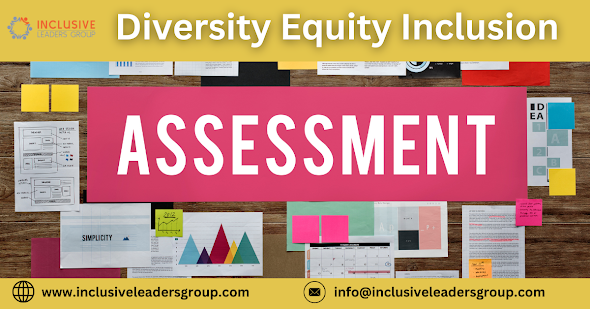The Importance of Anti-Racism Training: Inclusive leaders Group

In today’s increasingly diverse world, addressing issues related to racism has become a pressing need. Anti-racism training has emerged as a powerful tool in combating prejudice, bias, and discrimination. In this article, we will delve into the significance of anti-racism training, its key components, and its impact on society. Introduction Racism is a deeply rooted issue that continues to plague societies worldwide. However, the fight against racism has gained momentum in recent years, with anti-racism training at the forefront of this battle. This article explores the role of anti-racism training in dismantling prejudice and promoting a more inclusive and equitable society. Understanding Racism What Is Racism? Racism is the belief that one race is superior to others, leading to discrimination, prejudice, and unequal treatment based on racial characteristics. It can manifest in various forms, from overt acts of hatred to subtle biases. Types of Racism Rac...


